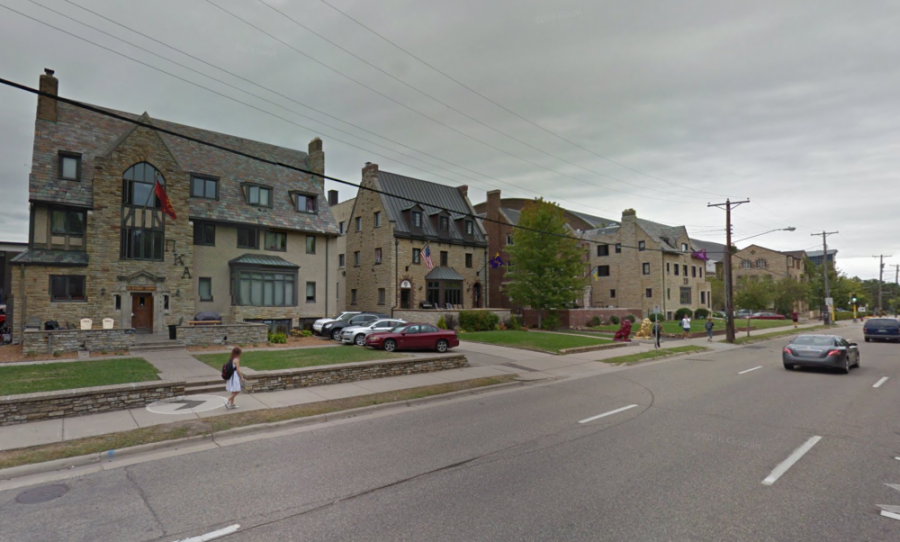The University of Minnesota’s Interfraternity Council is revamping an existing officer role in an effort to engage and educate its members about sexual misconduct.
A year after University of Minnesota President Eric Kaler announced the President’s Initiative to Prevent Sexual Misconduct, the council is working to revamp its campus safety officer role to include an increased focus on sexual misconduct prevention.
Gerry Weber, president of IFC, said the campus safety officer position existed before he took office this semester, but the position was not regarded as an important role on the council. In the past, the position was responsible for event registration and educating fraternities on best safety practices.
Each fraternity submitted an applicant for the role of campus safety representative. By next week, Weber said the IFC will select a campus safety officer out of the pool of applicants.
Under Weber’s council, this officer will take on more robust responsibilities, working as the communication liaison between the president’s initiative and the rest of the council. In addition, each fraternity will have a sexual misconduct prevention advocate. This officer will receive continued education on sexual assault intervention and prevention and share this education with the chapter, according to Garrick Spennewyn, president of Delta Kappa Epsilon.
DKE is one of many houses on campus that’s already implemented the position, Spennewyn said. “I think it’s important to have this in fraternities so you can be proactive and not reactive,” he said.
Though most colleges have current initiatives to prevent sexual misconduct, the position of campus safety officer is one that is unique to the University and IFC.
The University of Wisconsin-Madison, the University of Iowa and the University of Nebraska- Lincoln, do not have a campus safety officer or a member with similar responsibilities on their IFC boards.
Madison’s efforts to prevent sexual misconduct are similar to the University’s, Joey Levin, IFC president at Madison, wrote in an email. Madison fraternities appoint a safety and wellness chair in each house, he wrote.
Greek life at the University differs from other colleges because many members join to gain leadership experience, Weber said. “The [University] has a very different campus culture compared to a lot of other Greek campuses,” Weber said.








